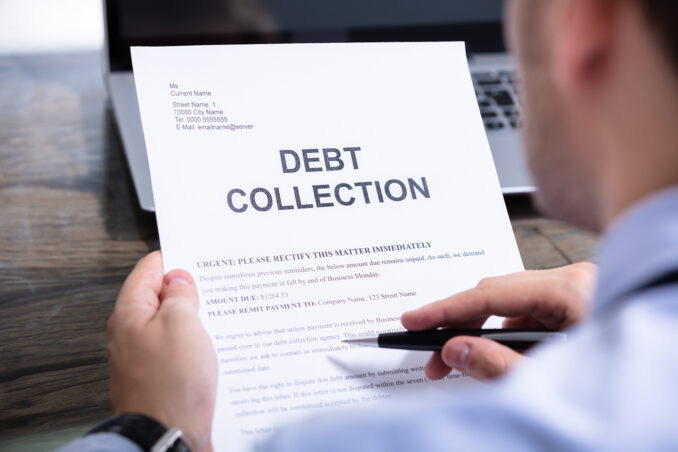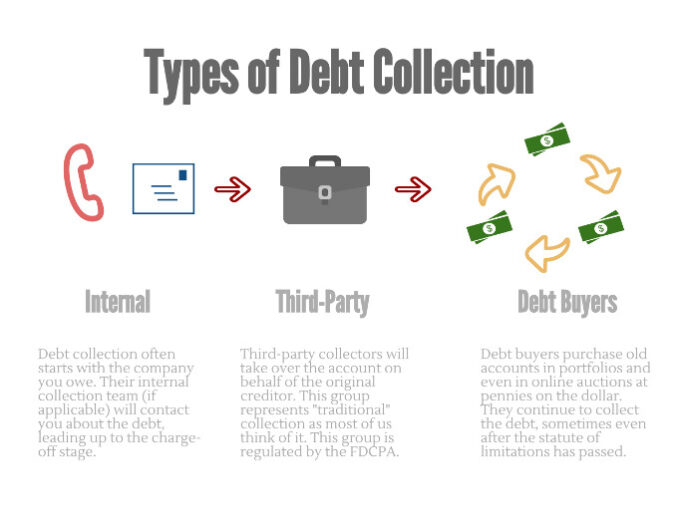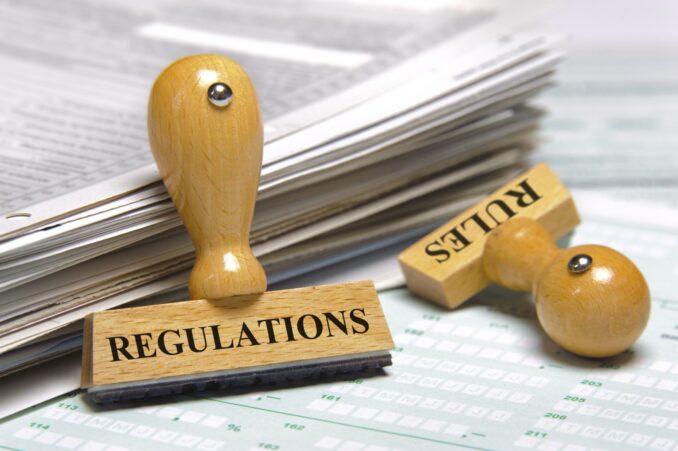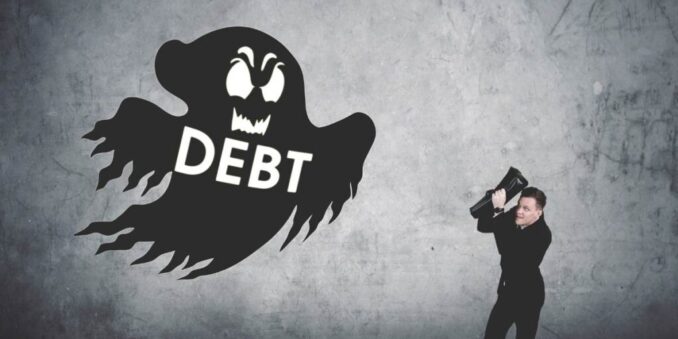No one likes dealing with debt collectors. But if you find yourself in a situation where you need to, it’s important to know your rights. Let’s go over some tips and rules for dealing with them. From understanding the Fair Debt Collection Practices Act to knowing when a debt collector can contact you, this post will give you the information you need to handle the situation effectively – and hopefully get them off your back for good.
What should you do if you are contacted by a debt collector?

Source:nfcc.org
A debt collector is an individual or company that collects payments on behalf of a creditor. They are also known as collection agencies or debt management companies.
If a debt collector contacts you, you should:
-Ask for the name of the collection agency and the person who is contacting you.
-Get the amount of the money you owe in writing.
-Request that the collection agency contacts you only by mail or phone, not both.
-Send a written request to the collection agency to cease communication with you if they are using unfair or abusive practices.
-Don’t give the collection agency any information about your finances or make any promises to pay until you have verified that the debt is yours and that the amount is correct.
-Consider seeking legal assistance if the debt collector is using illegal tactics or if you are unable to resolve the situation on your own.
If you are having difficulty dealing with a debt collector, you may want to seek assistance from a debt collector harassment attorney or consumer protection agency.
Who do they work for?

source:clearpoint.org
There are a few different types of debt collectors, but the most common type is a third-party collector. These are businesses that collect debts on behalf of creditors. The creditor may be a bank, credit card company, or another type of lender.
They may also work for the government, collecting taxes or other owed money. And in some cases, collectors may work for themselves, buying up old debts from creditors and then trying to collect them.
What are some law regulations?

source:pinterest.com
The Fair Debt Collection Practices Act (FDCPA) is a federal law that regulates the behavior of debt collectors. The FDCPA prohibits them from using abusive, unfair, or deceptive practices when collecting a debt.
If you are contacted by such a party, you have certain rights under the FDCPA. For example, they must send you a written notice that includes the amount of money you owe, the name of the creditor, and your right to dispute the debt.
Here are some of the things that they are not allowed to do under the FDCPA:
- Call you before 8 a.m. or after 9 p.m., unless you agree to it
- Call you at work if they know your employer does not allow it
- Harass, threaten, or abuse you in any way
- Use profanity or obscene language when speaking with you
- Lie to you about who they are, what they want, or how much money you owe
- Send you fake legal documents that look like they’re from a court or government agency
- Try to collect more money than you actually owe
- Refuse to give you their contact information when you ask for it
If a debt collector violates any of these rules, you can take legal action against them.
You also have the right to request that they stop contacting you altogether. This is called a “cease and desist” letter. Once the debt collector receives your cease and desist letter, they are not allowed to contact you again, with a few exceptions.
If you believe that he or she has violated the FDCPA, you can file a complaint with the Consumer Financial Protection Bureau (CFPB).
How can you protect yourself from abusive behaviors?

source:suitsmecard.com
There are a few things you can do to protect yourself from abusive debt collectors:
-Know your rights. The FDCP lays out what collectors can and cannot do. Familiarize yourself with the Act so that you know when they are crossing the line.
-Keep detailed records. Keep track of all correspondence with the debt collector, including dates, times, and what was said. This will be helpful if you need to take legal action against the collector.
-Send a cease and desist letter. If you feel that they are harassing you, you can send them a cease and desist letter telling them to stop contacting you. Once they receive this letter, they are legally obligated to stop contacting you.
-File a complaint. If you have been the victim of abusive practices, file a complaint with the Consumer Financial Protection Bureau or your state attorney general’s office.
What should you not say to a collection agency?
Don’t give them your personal information, such as your Social Security number or bank account number. This can be used to commit identity theft. You also shouldn’t agree to make payments without first getting a written agreement from the debt collector. This agreement should list the full amount of the money owed, the monthly payment amount, and the date it will be paid off. Without this agreement in writing, you could end up paying more than you originally owed. Finally, don’t say anything that could be used against you in court. If you do end up being sued, anything you say could be used as evidence against you.
Conclusion

source:badcredit.com
If you’re dealing with a debt collector, there are some important legal tips and rules to keep in mind. First and foremost, you have the right to request proof of the debt. This is important in order to know that you actually owe the money in question. Secondly, you have the right to dispute the debt if you believe it’s incorrect. And finally, you have the right to negotiate in order to come up with a repayment plan that works for both parties. If you keep these rights in mind, you’ll be in a much better position to deal with a debt collector successfully.





